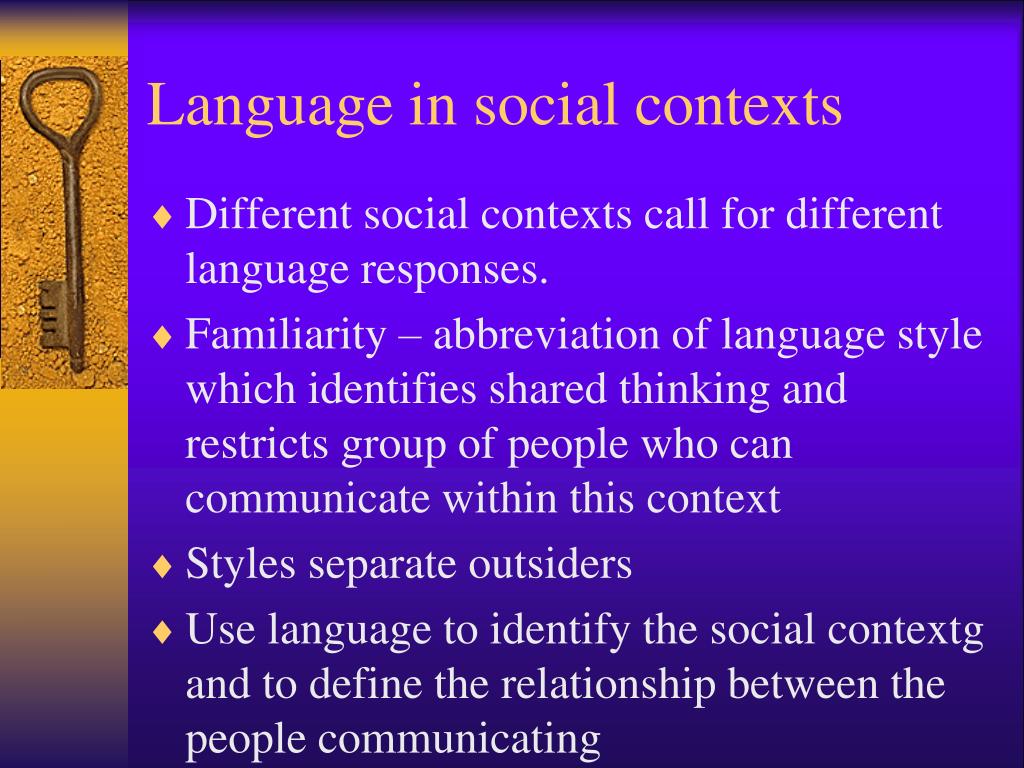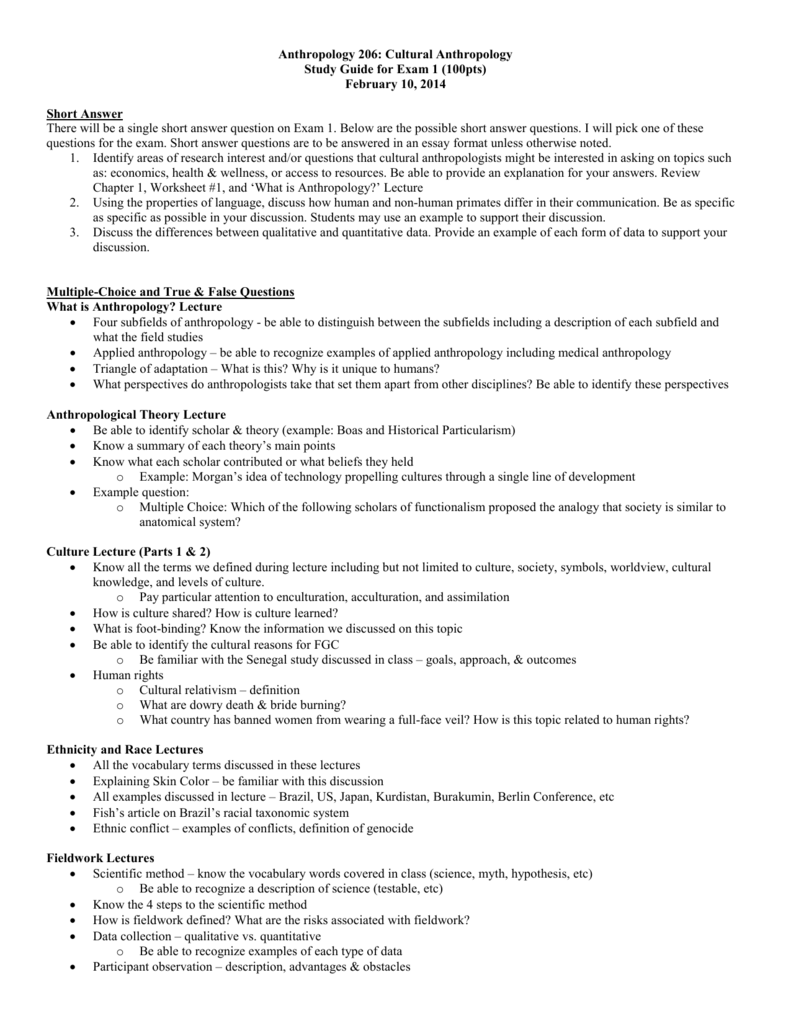

American democracy is facing two distinct threats, which together represent the most serious challenge to the country’s governing ideals in decades.

As a result, the United States today finds itself in a situation with little historical precedent. Candidates who won the most votes were able to take power and attempt to address the country’s problems. Yet during each of those previous times of tumult, the basic dynamics of American democracy held firm. These earlier periods were each more alarming in some ways than anything that has happened in the United States recently. The 1960s and ’70s were marred by assassinations, riots, a losing war and a disgraced president.

World War II and the Cold War presented threats from global totalitarian movements. The Great Depression caused Americans to doubt the country’s economic system. The United States has experienced deep political turmoil several times before over the past century. Given this, the paper recognizes the theoretical urge for a new framework to understand social movements in reference to the specificities of the non-Western societies like India, and thereby proposes an approach termed as the postcolonial political sociology of social movements.To hear more audio stories from publications like The New York Times, download Audm for iPhone or Android. Thus, this paper attempted to reinvent the significance of political sociology in two-ways: a) it critically engaging with the classical tradition of political sociology b) critical scrutiny of the major trends appeared in the sub-field of social movements within the disciplinary domain of sociology in India since the 1980s has been undertaken. Often, the theories that emerged in the American and European contexts overlooked the significance of ‘political sociology’ as a theoretical terrain while conceptualizing contemporary social movements. The social movement theories, particularly emerged since the late 1960s and the empirical studies informed by these theories occupy a decisive space in the current sociological studies of social movements.


 0 kommentar(er)
0 kommentar(er)
